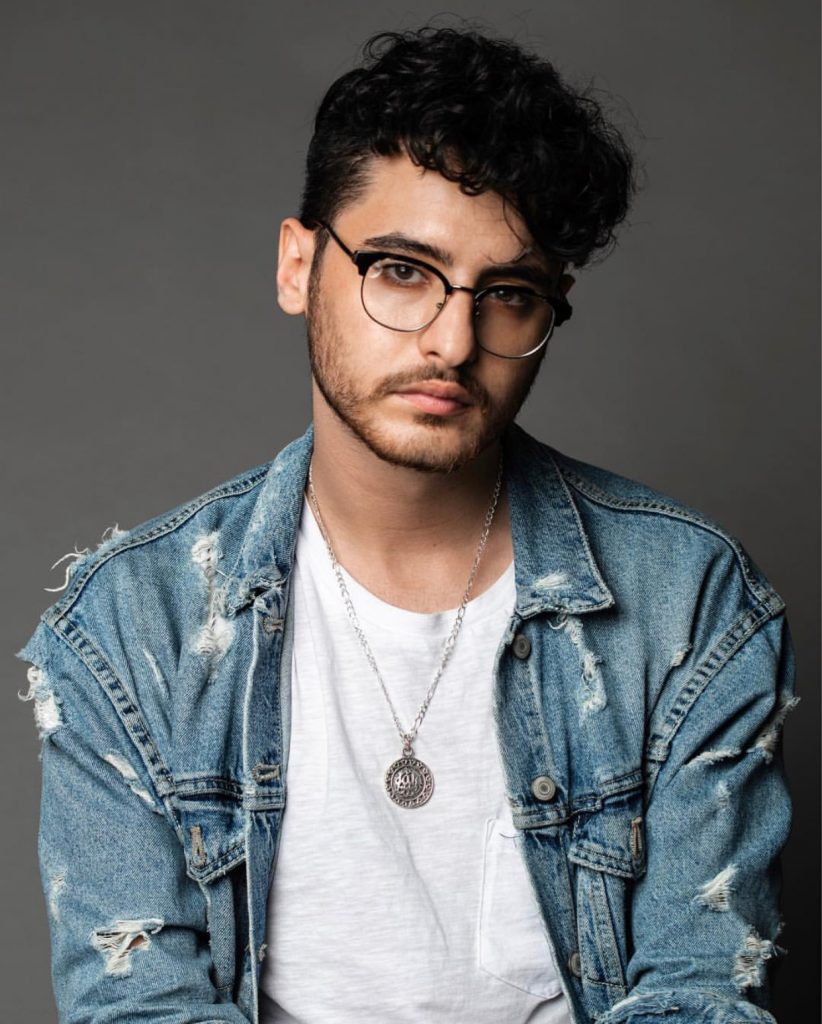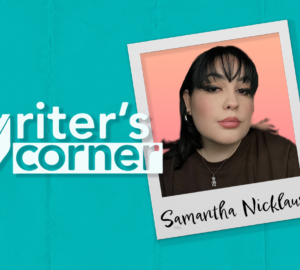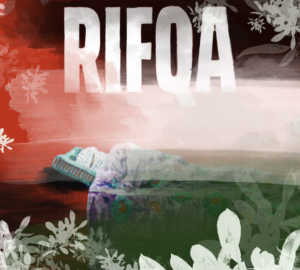
Mohammed El-Kurd is a third-year writing student whose main focus is telling his life story through poetry. His most recent accomplishment was releasing his first spoken word poetry album, “Belly Dancing on Wounds.”
El-Kurd has been writing his entire life. However, the clearest memory he has goes back to when he was 8 years old. “I wrote a poem about a police officer. It wasn’t very pleasant, more of a ‘diss’ poem, but that’s the most distinct memory of writing I have,” he said.
El-Kurd expanded to other genres, leading to published work in Al-Jazeera English and The Gaurdian, but he always came back to poetry. El-Kurd explained, “The musicality, the word play, imagery and ability to say things in ways no one has before is as important to me as breathing.” For him, the poems come out of nowhere. The lyrics come rushing through crowded buses, wake him from a deep sleep and forcibly remove him from situations just so he can write down lines.
Growing up in Jerusalem, El-Kurd witnessed the deadly consequences of the region’s political unrest. Since then, he dedicates much of his art form to speaking out on issues he’s passionate about — which is how “Belly Dancing on Wounds” came into the picture.
“In June, I wrote my poem ‘No Poetry in This,’ after having gone through an odious heartbreak,” explained El-Kurd. “I shared it with Clarissa Bitar, a wonderful oud player, and she did the music for the album.” The two were in conversation for weeks and El-Kurd shared his vision with Bitar. After discussing further, he flew to Los Angeles and recorded the album.
Through his work, El-Kurd wants to communicate what happens in his home country to people who are unaware or don’t understand. “People should leave my page, lecture or venue having the fuel needed to make the action to then make change,” he said. El-Kurd explains that he does that best through his poems. “Narrating, documenting and amplifying personal and collective histories often misrepresented or obscured is my main focus.”
“Belly Dancing on Wounds” features a collection of six poems. Though he has written many, choosing the right content for the album was easy. “The poems selected themselves — as corny as it sounds. I wanted a range of topics, but the poems inevitably all referenced each other and have a common vocabulary,” said El-Kurd.
El-Kurd admits that creative duets can be taxing. “Clarissa and I made a good team. I equally loved and hated being frantically adamant to make sure every single track was perfect,” he said. Album art, timing and announcing became very stressful deadlines for El-Kurd.
For aspiring poets and young writers, El-Kurd has this to say: “No one has your vision and no one has lived your life. The most seemingly mundane and ordinary aspects of your life are often very interesting to others. The more personal and real, the better.”
You can stream “Belly Dancing on Wounds” on all streaming platforms and you can purchase it on iTunes. El-Kurd plans to release more spoken word albums and a book in the near future. Keep an eye out for new work on his social media and website.
























